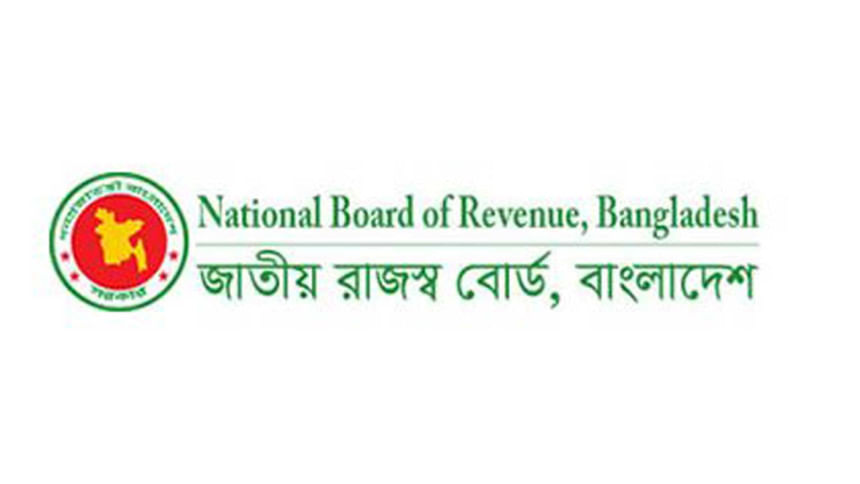Ctg port takes over 11 days to release goods

Businesses have to wait 11 days and six hours to have their cargo released after their arrival at seaports, according to the Time Release Study (TRS) 2022 of the National Board of Revenue.
Land ports take 10 days and eight hours to release goods. By contrast, businesses have to wait seven days and 11 hours to clear their cargoes from airports, the lowest time taken by the international entry points.
The study findings were shared at an event at the Westin hotel in Dhaka yesterday.
The TRS is a method endorsed by the World Customs Organisation to measure the time taken by the authorities to release import or export cargoes. It is also recognised as a means of identifying bottlenecks and improving performance in the export or import process.
Because of the Trade Facilitation Agreement signed by the members of the World Trade Organisation in 2017, countries have to measure and publish the average release time of internationally traded goods.
Import clearance processes were studied at three major ports: Chattogram seaport, Benapole landport, and the Hazrat Shahjalal International Airport.
The NBR took the initiative to publish the TRS to identify the problems and potential corrective actions needed to ensure speedy clearance of goods as part of its move to facilitate international trade.
The study suggested the elimination of manual manifest collection and submission of bill of entries, the establishment of a computer-based joint car pass system, and empowerment of transport operators to submit manifest directly to the ASYCUDA World.
For Chattogram seaport, which handles more than 90 per cent of Bangladesh's total internationally traded goods, the TRS recommended enhanced integration of its systems with ASYCUDA.
It suggested the modernisation of the existing customs chemical lab.
For the Hazrat Shahjalal International Airport, the study suggested widening of the cargo handling capacity and simplification of the customs clearance process, rationalisation of customs policies, and eliminating of redundant steps across customs and port processes.
"Recommendations made in the study are expected to bring fruitful changes once they are implemented," said NBR Chairman Abu Hena Md Rahmatul Muneem.
Abdul Mannan Shikder, member for customs audit, modernisation and international trade of the NBR, thanked the Swiss State Sectariat for Economic Affairs for providing the much-needed capacity-building support to Bangladesh's customs and other government officials in conducting this study.
He hoped that a successful implementation of the study recommendations would help reduce the existing release time and function as the forefront of trade facilitation.

 For all latest news, follow The Daily Star's Google News channel.
For all latest news, follow The Daily Star's Google News channel. 



Comments